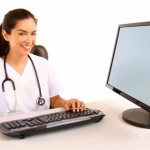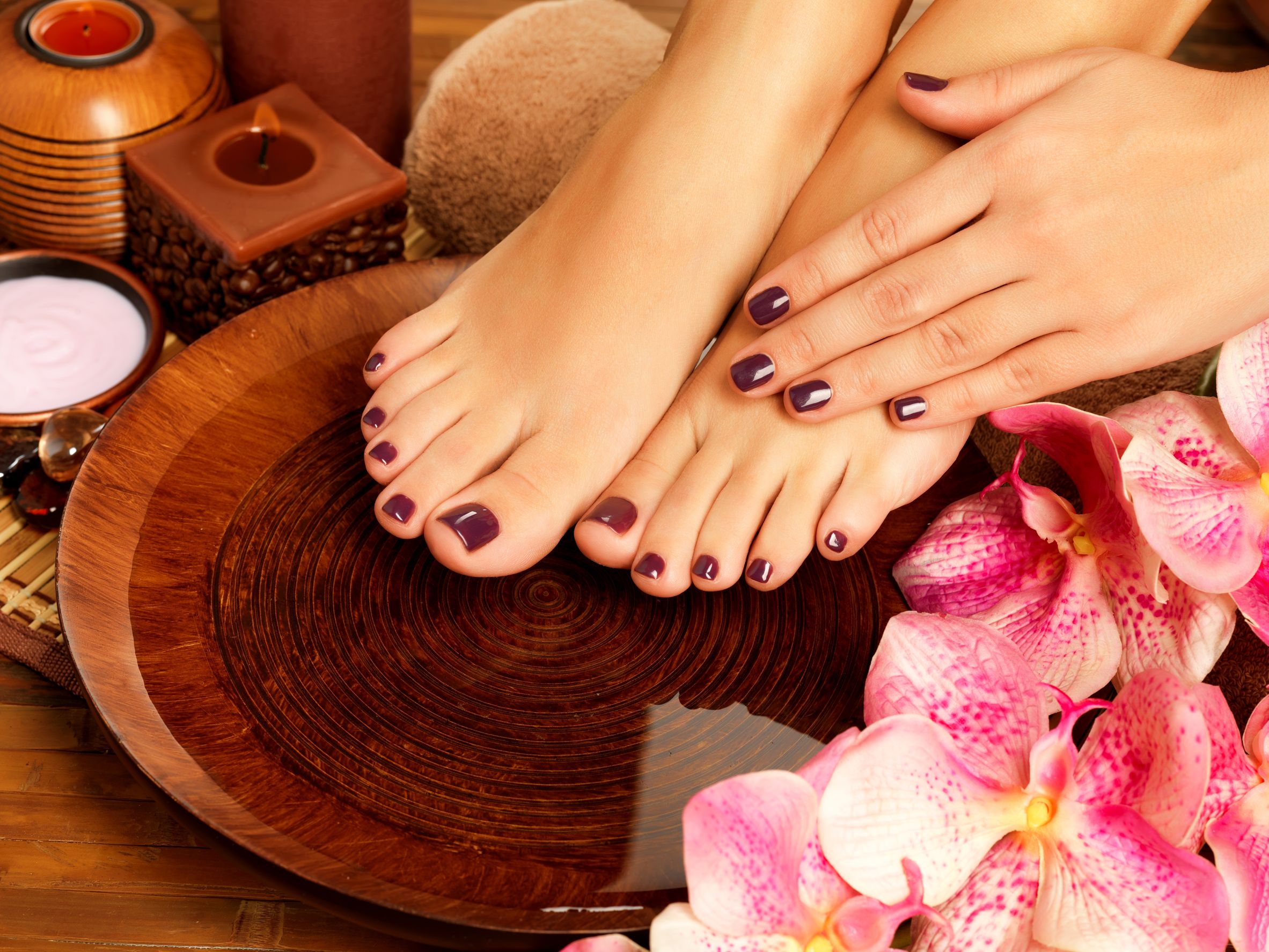Whether you have training or not, it is always better to try and save someone than to do nothing. In some states, it is even illegal to sit by and do nothing when someone is in trouble. However, there is no reason not to take CPR classes in NJ to fully understand what you are doing and how to do it properly.
Untrained
Though it is always best to know what you are doing and how to do it well, there are ways you can help until medical crews arrive and there is no one else available that has CPR training. Hands-only CPR is better than nothing, and this means doing chest compressions uninterrupted until the paramedics arrive. However, rescue breathing isn’t part of the untrained CPR approach.
It is important to understand that hands-only options aren’t as good as regular cardiopulmonary resuscitation, but again, it is better than nothing.
If you are interested in taking CPR classes in NJ or anywhere else, it is fairly easy to do. There are many classes available to you and they take between four and eight hours to complete. You will be certified to do CPR for two years and then must renew your license. A few hours of study to save lives seems very worth your effort.
Trained Options
CPR comes in different forms for different people. The general public won’t get the same training as paramedics and other emergency personnel, such as nurses or doctors. Regular people will usually receive CPR AED training, which may also include first aid. This is the most basic CPR information available and will allow you to help those who have stopped breathing. These classes generally provide training for adults, kids and infants, though there is usually a pediatric CPR option if you are a babysitter and tend to be around children more than adults.
BLS (Basic Life Support) CPR is meant for healthcare professionals, such as EMTs, dental and medical assistants, along with doctors and nurses. This is generally meant to be in a hospital or in an EMT van where special oxygen squeeze masks and bags are used.
Because it doesn’t take much to become trained, it is recommended for anyone to take and pass the CPR course. It can be beneficial for parents, those caring for older adults, personal trainers, babysitters, along with almost anyone else.








